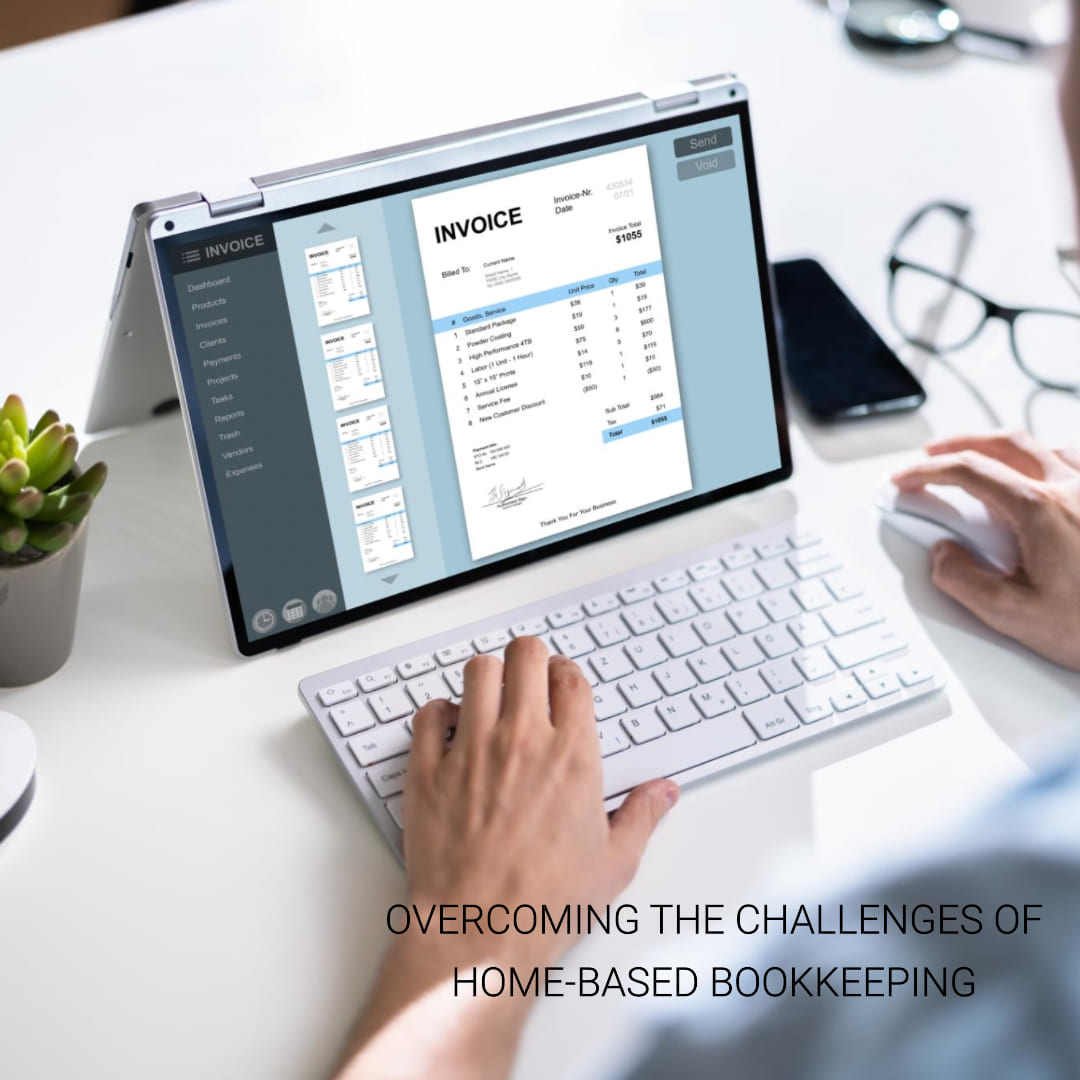Introduction of Bookkeeping From Home
In recent years, there has been a significant shift towards remote work across various industries. The rise of technology and internet connectivity has made it possible for professionals to perform their tasks from the comfort of their homes. Bookkeeping, a vital aspect of financial management, is no exception to this trend. This article explores the possibilities and challenges of conducting bookkeeping from home, highlighting the benefits it offers to both bookkeepers and businesses.
 The Evolution of Remote Work
The Evolution of Remote Work
The concept of working remotely, also known as telecommuting or teleworking, has been around for several decades. However, it gained prominence in recent years with advancements in technology, including high-speed internet, cloud computing, and collaborative software. As businesses embraced these technologies, remote work became more viable and practical.
What is Bookkeeping?
Bookkeeping is the systematic recording, organizing, and maintaining of financial transactions for a business or organization. This process includes recording sales, purchases, receipts, payments, and expenses in a ledger or accounting software. Accurate bookkeeping is essential for assessing a company’s financial health, making informed decisions, and complying with regulatory requirements.
The Advantages of Doing Bookkeeping from Home
3.1 Flexibility and Work-Life Balance
Working Bookkeeping From Home offers bookkeepers the flexibility to set their schedules and achieve a better work-life balance. Eliminating the need for a daily commute allows for more time with family and the pursuit of personal interests.
3.2 Cost Savings
Home-based bookkeepers can save on commuting costs, work attire, and expenses associated with eating out. Moreover, businesses that hire remote bookkeepers may save on office space and equipment costs.
3.3 Access to a Global Market
Remote bookkeeping opens up opportunities to work with clients from around the world. The internet makes it easier for bookkeepers to connect with businesses and individuals seeking their services, irrespective of geographical boundaries.
3.4 Increased Job Opportunities
The demand for remote bookkeepers has surged in recent years as businesses recognize the benefits of outsourcing financial tasks. This trend has created a broader range of job opportunities for qualified bookkeepers.
3.5 Improved Productivity
Some bookkeepers find that Bookkeeping From Home enhances their productivity. Fewer distractions and a personalized work environment can lead to increased focus and efficiency.

How to Set Up a Bookkeeping From Home
For bookkeepers interested in starting a home-based bookkeeping business, several steps can help ensure success:
4.1 Acquire the Necessary Skills and Education
Bookkeepers need a solid understanding of accounting principles and financial management. Obtaining relevant certifications or pursuing formal education in accounting can strengthen their expertise and credibility.
4.2 Invest in Accounting Software
Modern bookkeeping heavily relies on accounting software for efficient record-keeping. Invest in reputable accounting software that meets the needs of your potential clients.
4.3 Build a Professional Network
Networking is crucial for any business. Attend industry events, join online forums, and participate in bookkeeping groups to connect with potential clients and other professionals.
4.4 Market Your Services
Promote your services through a professional website, social media, and online directories. Highlight your expertise, experience, and the benefits of hiring a remote bookkeeper.
4.5 Ensure Data Security and Confidentiality
As a remote bookkeeper, it is essential to prioritize data security and confidentiality. Implement robust security measures to protect client information and comply with data protection regulations.
 Challenges of Home-Based Bookkeeping
Challenges of Home-Based Bookkeeping
While working Bookkeeping From Home offers numerous advantages, there are also challenges that bookkeepers may encounter:
5.1 Distractions and Time Management
Working Bookkeeping From Home can lead to distractions, such as household chores, family members, or personal obligations. Effective time management is crucial to maintain productivity.
5.2 Isolation
Bookkeeping From Home may experience feelings of isolation and a lack of social interaction compared to office-based colleagues. Regular communication with clients and peers can help overcome this challenge.
5.3 Technology and Connectivity Issues
Reliable internet connectivity and up-to-date technology are essential for remote bookkeepers. Technical issues can disrupt work and impact client relationships.
5.4 Compliance and Regulatory Changes
Staying updated with accounting regulations and tax laws is essential for any bookkeeper. Changes in compliance requirements may present challenges for home-based professionals.
Conclusion of Bookkeeping From Home
In conclusion, the rise of remote work has revolutionized various industries, including bookkeeping. Bookkeeping From Home offers flexibility, cost savings, and access to a global market, benefiting both bookkeepers and businesses. As technology continues to advance, remote bookkeeping is likely to become even more prevalent in the future.
While it offers numerous advantages, home-based bookkeeping also comes with challenges that require careful consideration and planning. With the right skills, dedication, and a focus on maintaining professionalism, bookkeepers can thrive in the remote work environment and contribute to the financial success of businesses worldwide.



